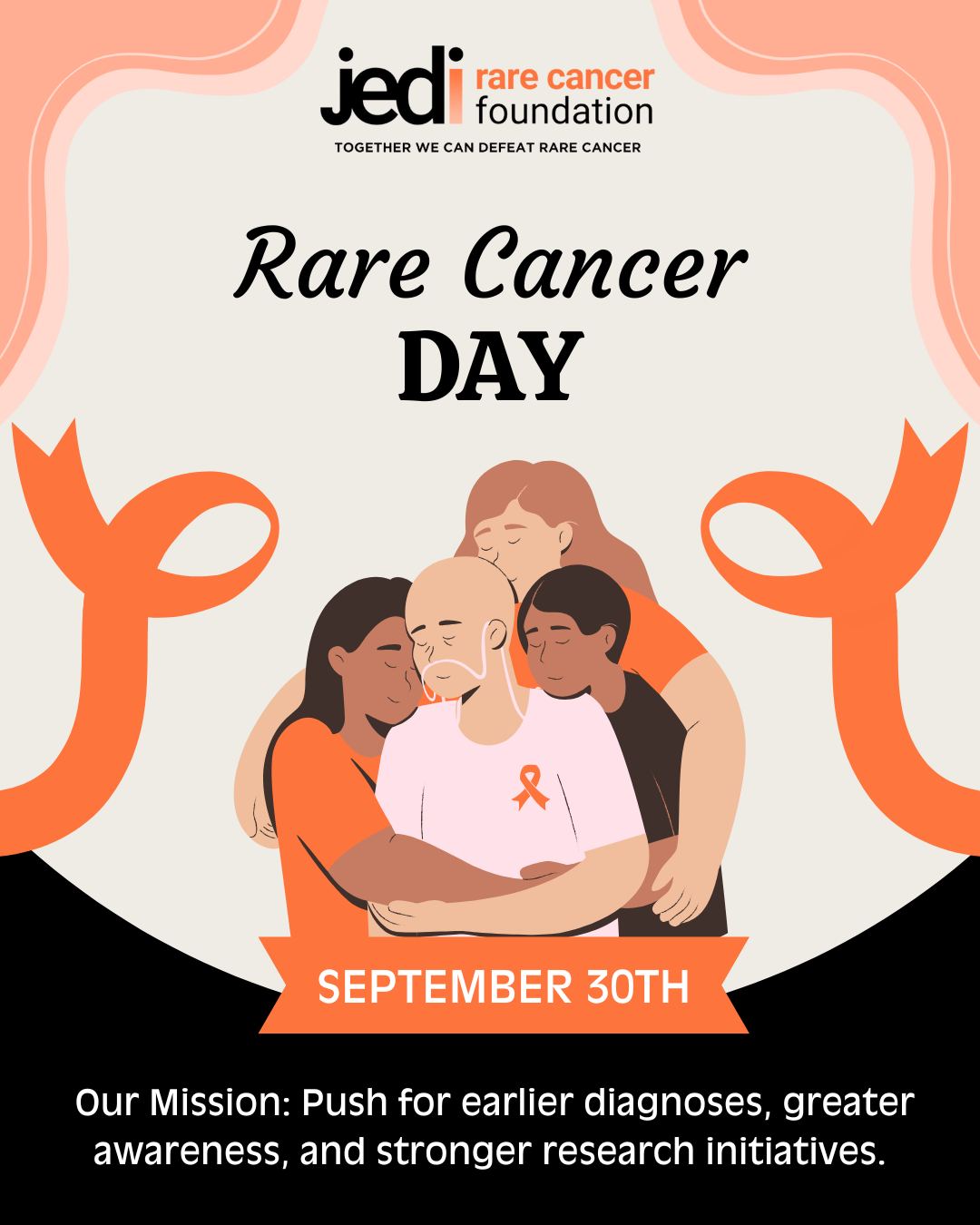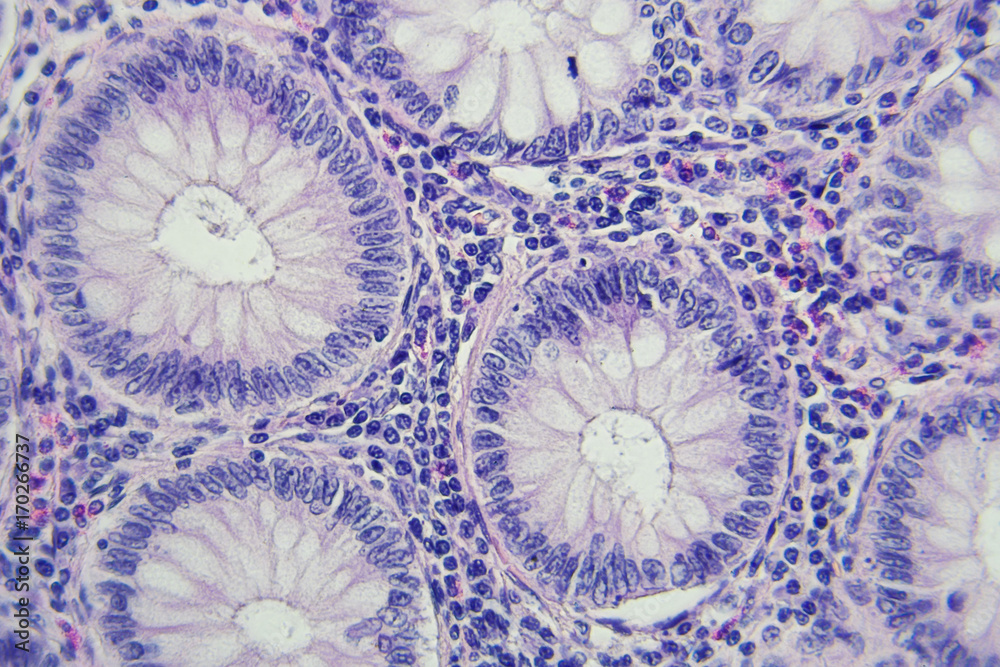

Single-cell research is revolutionizing our understanding of rare cancers and providing insight into their causes and potential treatments. Rare cancers are often difficult to diagnose and treat due to their complex and unique molecular characteristics. However, by studying the molecular composition of individual cells, scientists are beginning to better understand rare cancer types and how to potentially prevent or treat them. Let’s explore how single-cell research is helping us better understand rare cancers — with this momentous discovery come many questions already being answered.
Single-cell research studies cancer cells at the most basic level, down to the individual cell. It involves using powerful microscopes and other sophisticated technology to analyze the unique characteristics of each cell. This includes its genetic profile, the proteins it expresses, the molecules it produces, and how these cells interact with one another. This type of research provides researchers with a much more detailed understanding of rare cancer tumors, which can lead to better treatments and more accurate prognoses for patients.
Single-cell research has become an increasingly important tool in rare cancer research, as it can help scientists identify and understand the differences between normal and malignant cells. By understanding the molecular pathways that drive rare cancer development and progression, researchers can develop new therapies tailored to each patient’s tumor. Additionally, single-cell research can track cancer cells’ response to different treatments, which helps scientists optimize patient care. This is incredibly advantageous for the patients and their families, needing better treatment options. Ultimately, this is why we pursue such important research!
Single-cell research makes it possible to uncover rare cancers’ underlying biology and understand their differences. By looking at cancer cells at the single-cell level, researchers can more accurately identify subpopulations of cells, allowing them to characterize tumors better and pinpoint the mutations that drive their growth. It is analogous to the approach many soccer coaches take when formulating their strategies – they will analyze the offensive and defensive players separately to make them function better as a whole team.
This research can help provide the data needed to tailor treatments to the individual patient, offering a more precise approach than traditional cancer therapies. Single-cell research has already been used to identify genetic mutations in tumors that could be targeted with existing drugs and new genetic markers that may be used for early diagnosis of rare cancer types.
In addition, this type of cancer research can also help us understand how different treatments affect rare cancers on a molecular level, opening up new possibilities for developing more effective therapies. By studying rare cancer cell populations at the single-cell level, we can better understand the diversity of rare cancer cells and how they interact with other types of cells. This breakthrough research can help inform the design of novel treatments and give insight into how we can best target rare cancers with existing therapies.
Single-cell research has the potential to revolutionize cancer research, particularly for rare cancer patients. By studying a single cell, researchers can observe its unique characteristics, such as genetic mutations and other biomarkers, that may distinguish it from other cancers. This allows them to identify new treatments or uncover previously unknown features of rare cancers that could lead to new therapies. In addition, single-cell research can bridge the gap between traditional and rare cancer research by providing a more comprehensive understanding of the underlying mechanisms driving cancer progression and metastasis.
Single-cell research will be used to better understand how rare cancers respond to treatment, allowing researchers to tailor therapies more effectively to individual patients. Also, it has the potential to provide more precise ways of monitoring cancer progression, allowing clinicians to quickly detect the onset of resistance and adjust treatment accordingly. By utilizing the findings of this research, diagnostic tools could be improved to more precisely recognize rare forms of cancer at an earlier stage, thus facilitating greater chances of success. Such an achievement has the potential to save countless lives.
Overall, single-cell research holds great promise for advancing rare cancer research, leading to more accurate diagnosis, personalized treatments, and ultimately improved outcomes for patients like Jed.
One of the primary impediments to groundbreaking research like this is the lack of adequate resources. With such limited financing, single-cell research into rare cancers is not being adequately funded, hindering scientists’ ability to investigate the full potential of this field and slowing the rate of progress.
Though this kind of exploration offers an abundance of hope in uncovering novel understanding of rare cancers, funding remains scarce, and much of the work goes underfunded. Unfortunately, this means that scientists are unable to explore all the avenues of research available to them, making it harder to make meaningful advances.
The good news is that with your support, we can make single-cell research a success. Cancer research, and especially rare cancer research, requires significant resources to make any headway. Our Foundation’s mission is to end rare cancer, and we are devoted to closing the financial gap between common and rare cancers. By donating to the Jedi Rare Cancer Foundation, we can help fund these efforts and ensure that single-cell research can reach its full potential. Join our cause and donate today:



Your generous donation has the power to save lives.
Together, we will END rare cancer.
Comment, Like, Share & Follow Us on Social Media.
Together, we can take action against rare cancer and help save lives.

The Jed Ian Taxel Foundation for Rare Cancer Research | P.O. Box 683501 Park City, Utah 84068
The Jed Ian Taxel Foundation for Rare Cancer Research, Inc. is a 501 (C)(3) Non-Profit Organization, accepting Tax Deductible donations from individuals, corporations, family-advised funds and foundations. Federal Tax ID 86-2610819
DISCLAIMER: THIS WEBSITE DOES NOT PROVIDE MEDICAL ADVICE The information, including but not limited to, text, graphics, images and other material contained on this website are for informational purposes only. No material on this site is intended to be a substitute for professional medical advice, diagnosis or treatment. Always seek the advice of your physician or other qualified health care provider with any questions you may have regarding a medical condition or treatment and before undertaking a new health care regimen, and never disregard professional medical advice or delay in seeking it because of something you have read on this website.